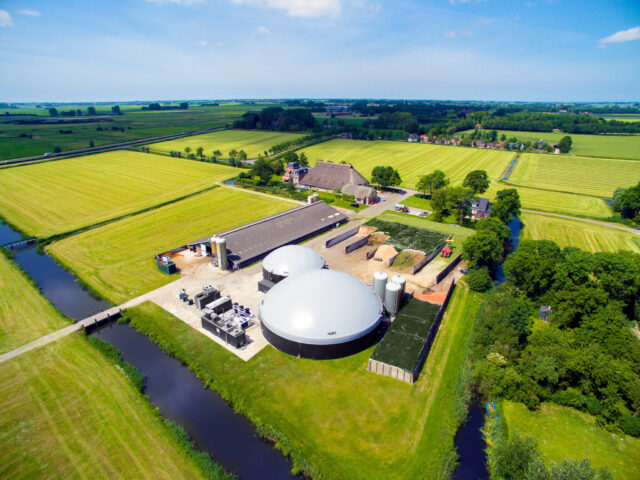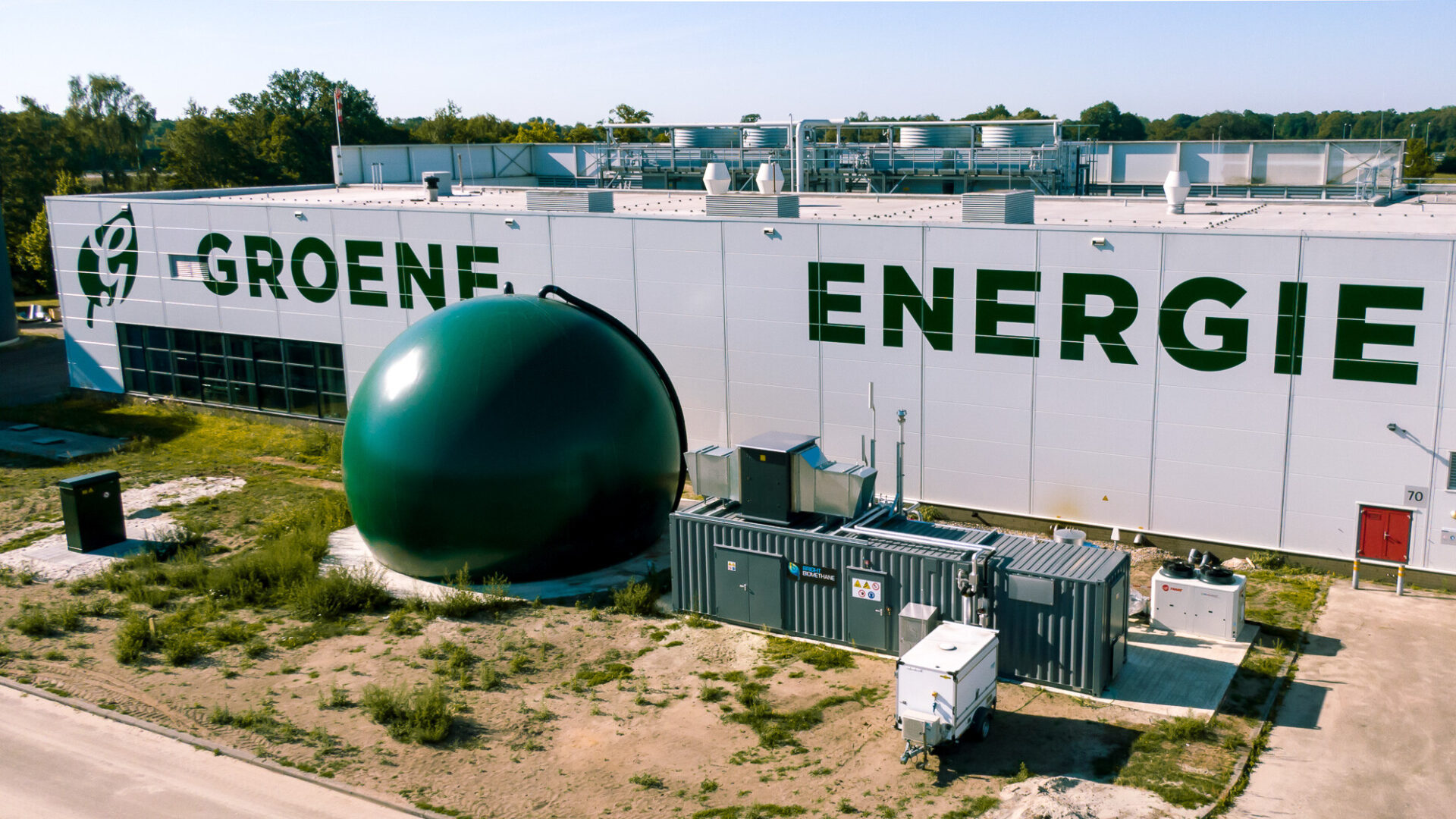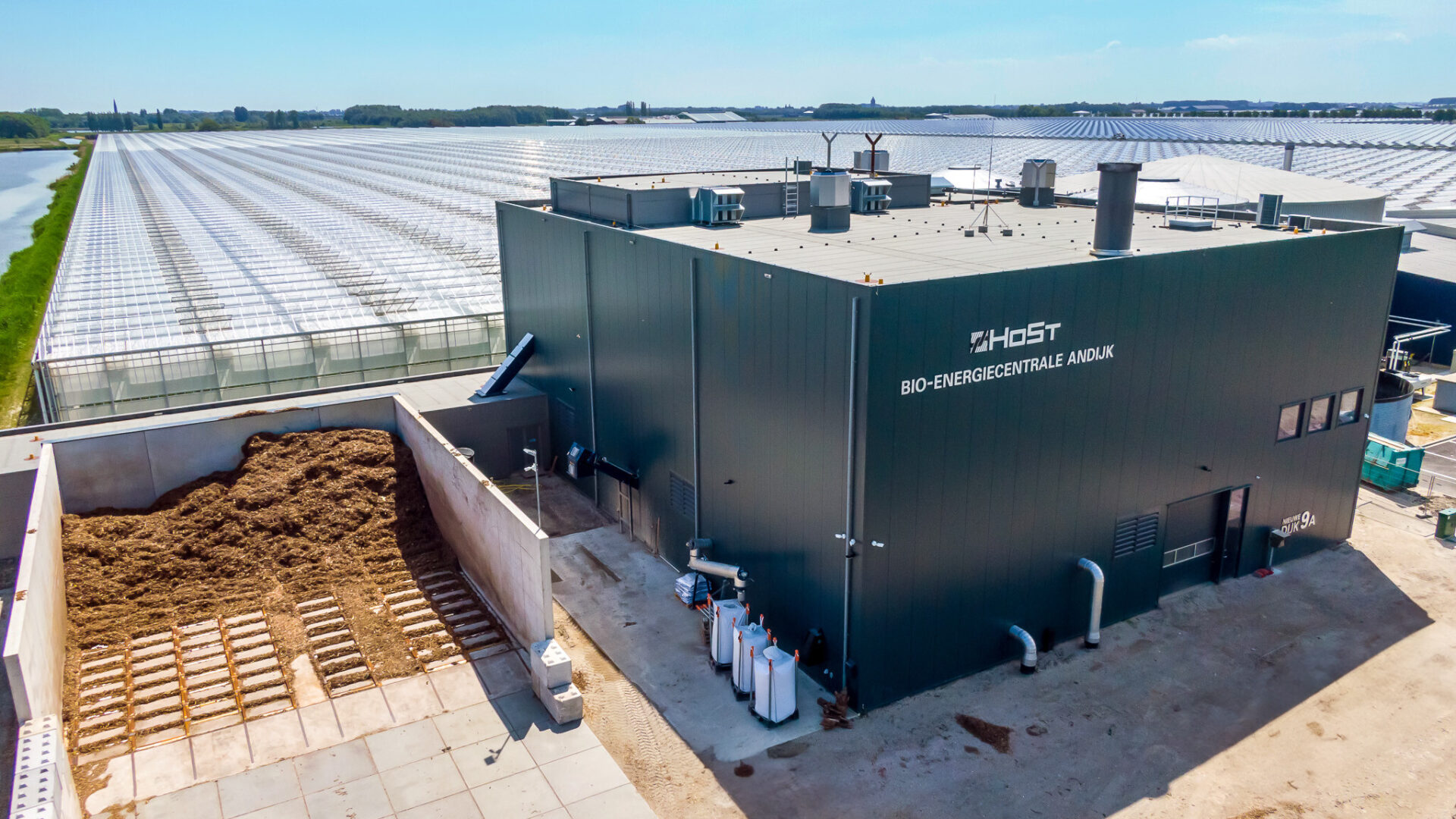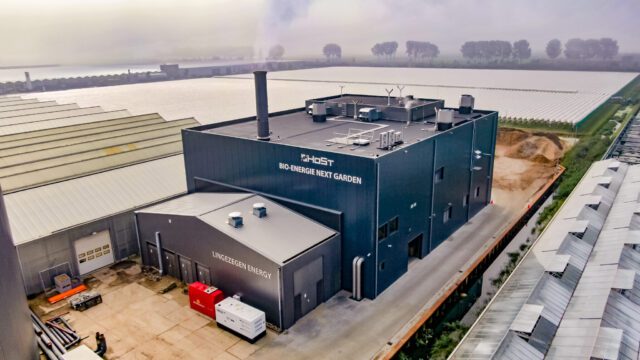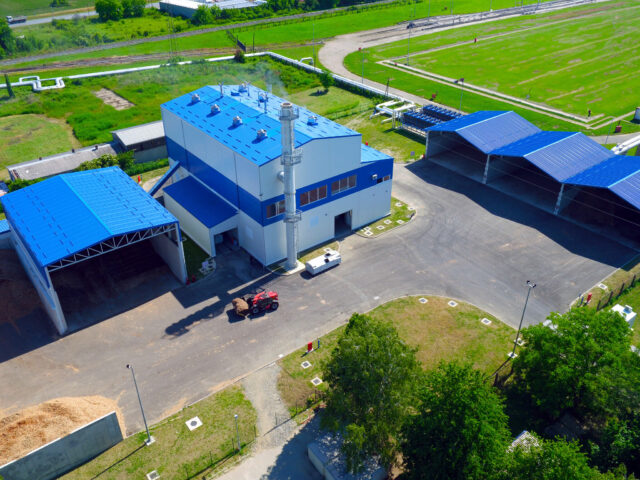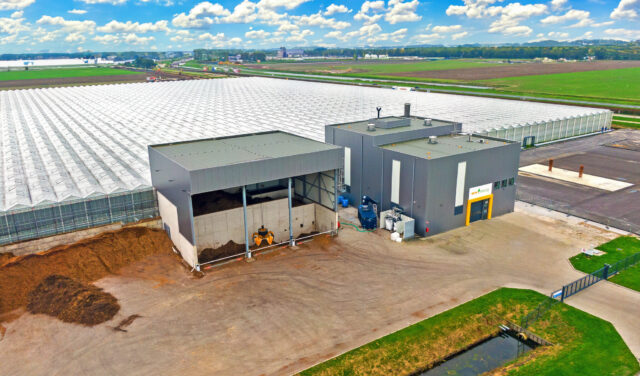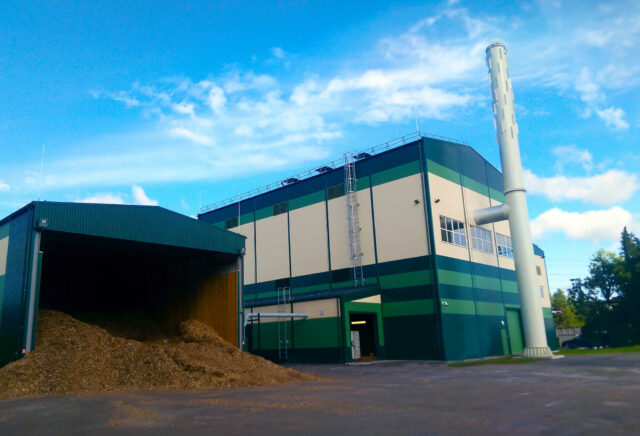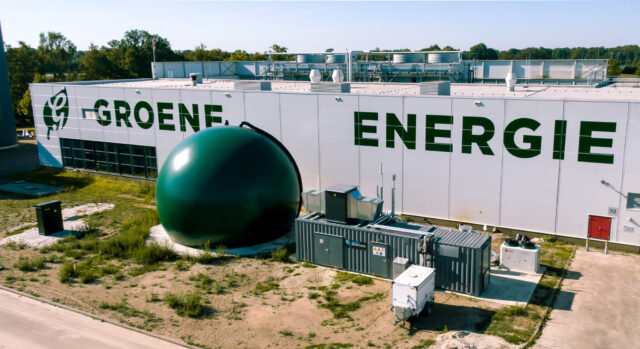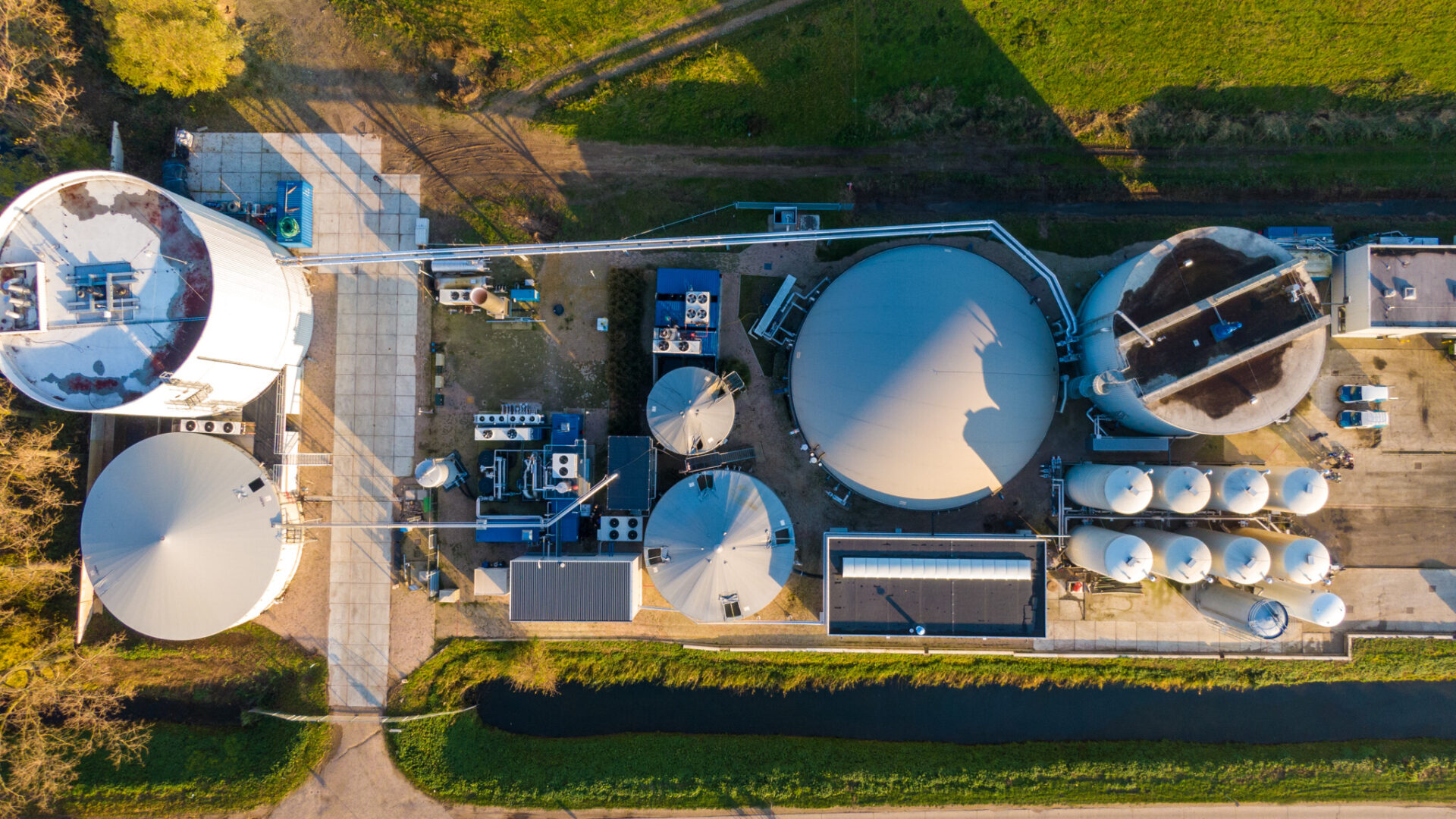
Projects
HoSt constructs and develops renewable energy projects across all industries worldwide. Empowering sustainability ambitions through our sustainable energy technology and services.
Projects realized
0
>
Energy produced
0
GWh / year
Global reach
0
+ countries
Project highlights
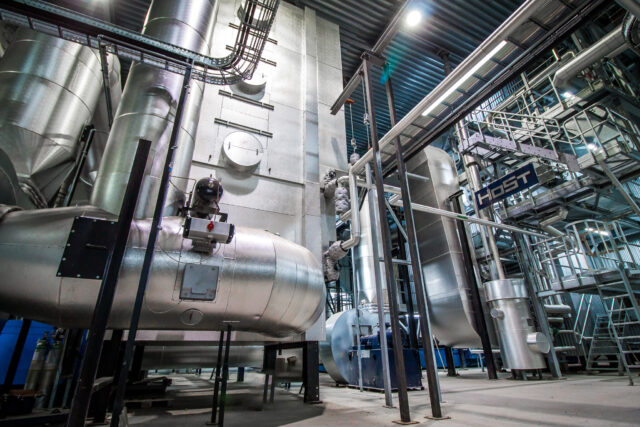
01 Sep 2023
RDF-fired heat & power plant at paper factory
Realization of a 15MWth, 1.8MWe RDF-fired heat and power plant at an European paper factory. This plant produces renewable heat & power from refuse-derived fuel.
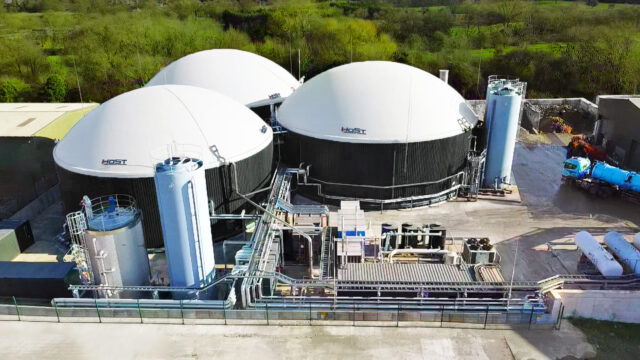
01 Sep 2023
Organic waste biogas plant at Stanton Recycling, UK
This biogas plant at Stanton Recycling in the UK tackles waste management challenges while producing biomethane. The facility annually processes up to 40,000 tonnes of liquid and green waste.
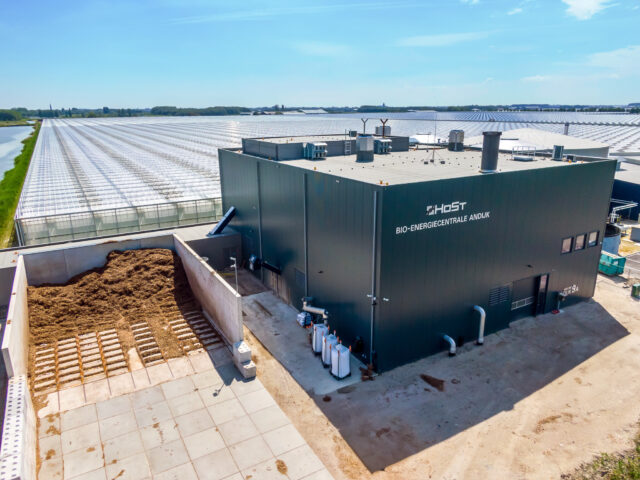
01 Sep 2023
Heat as a Service in Andijk, the Netherlands
In Bemmel and Andijk in the Netherlands, greenhouse horticulture companies collectively purchase renewable heat directly from HoSt's 15 MWth biomass-fired heat and power plants at both locations.
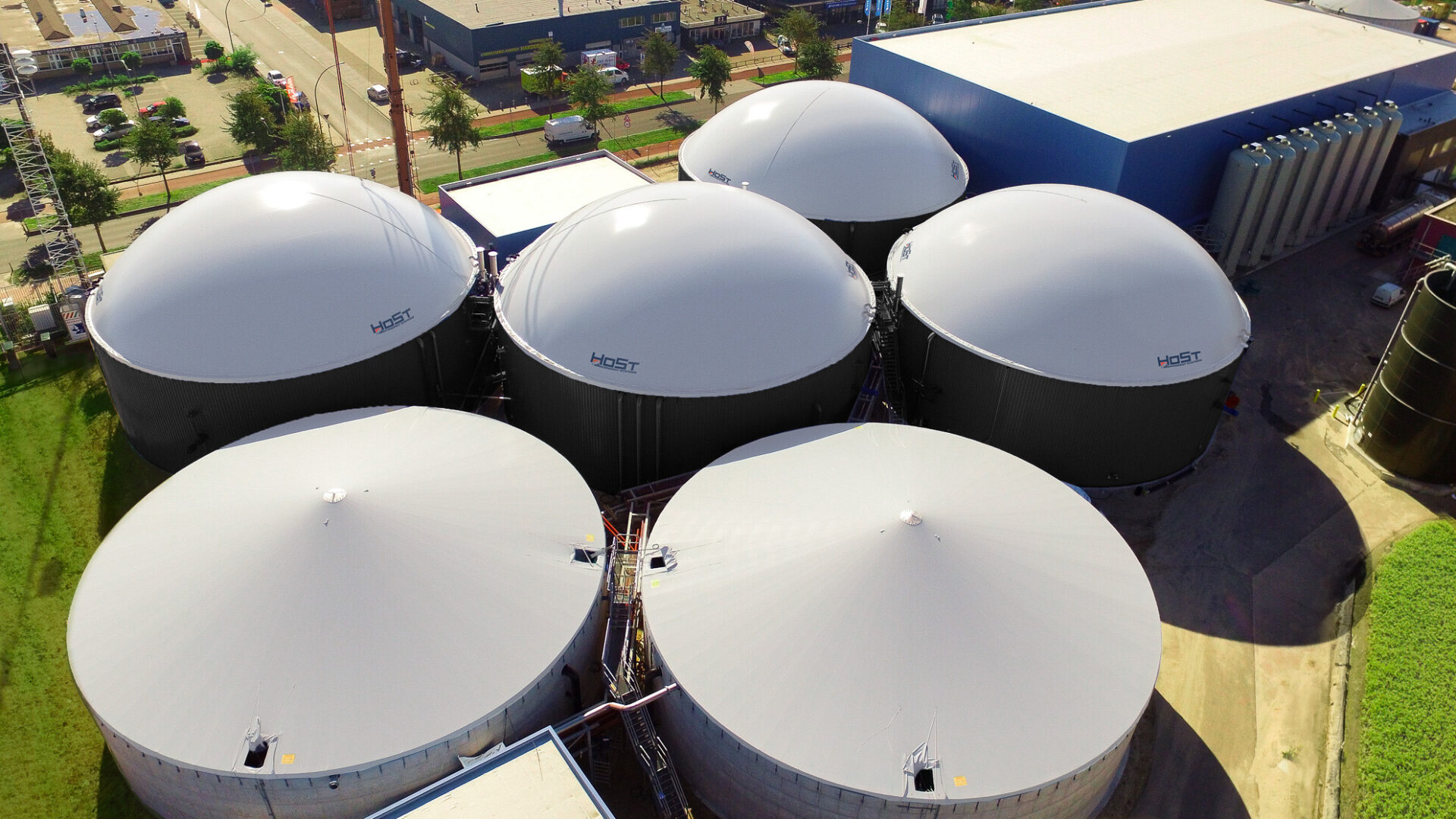
Featured biogas plant projects
Organic waste biogas plant in Fontenoy, Belgium
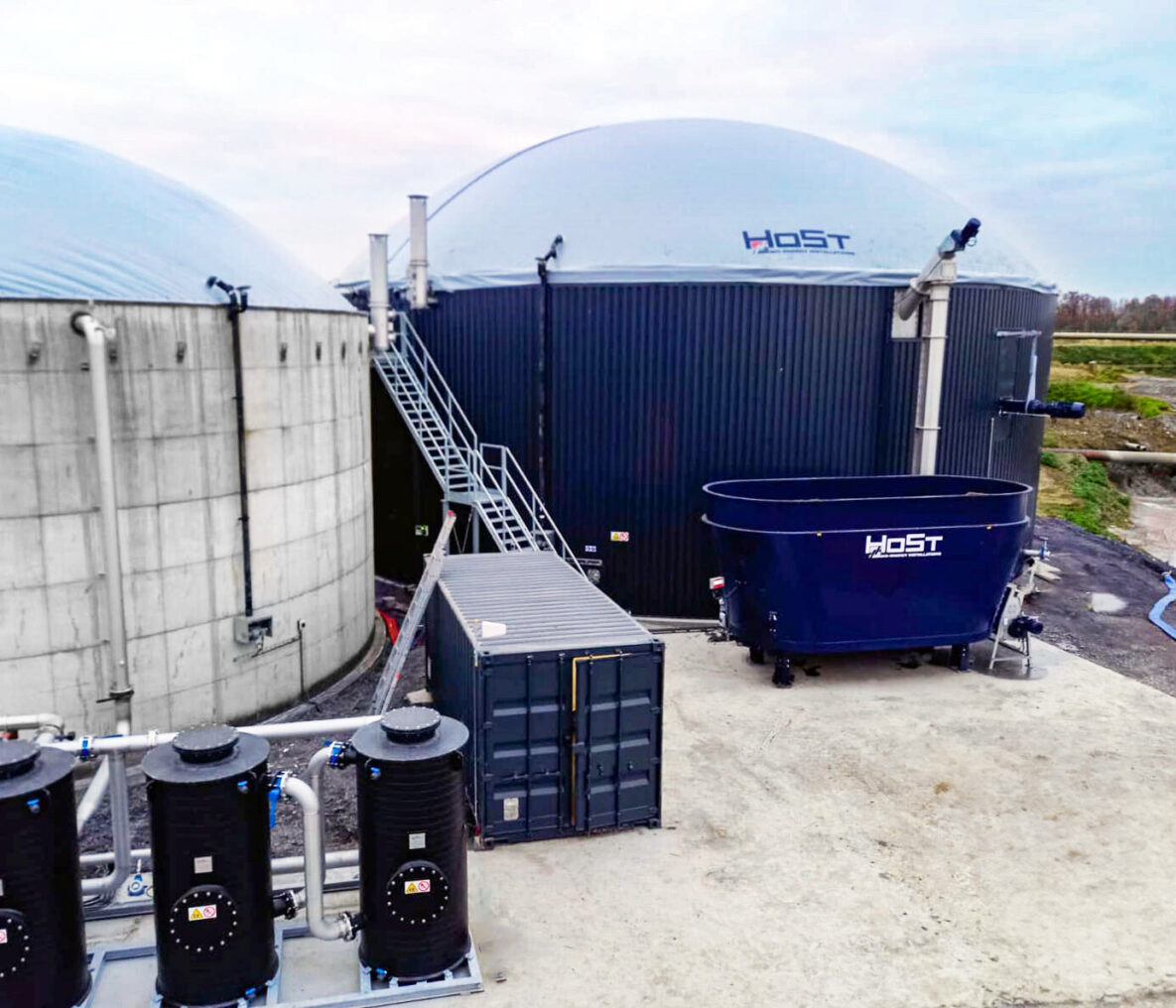 Organic waste biogas plant in Ilkeston, UK
Organic waste biogas plant in Ilkeston, UK
 Microferm - manure biogas plant in Koudum, NL
Organic residues and manure biogas plant in Villemereuil, France
Microferm - manure biogas plant in Koudum, NL
Organic residues and manure biogas plant in Villemereuil, France
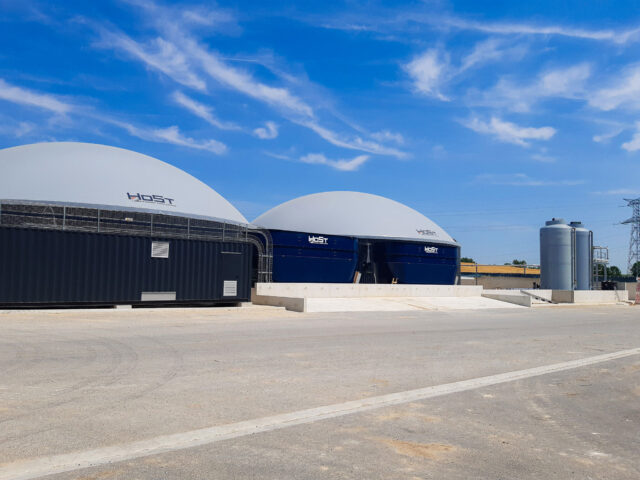 Organic residues and manure biogas plant in Malmesbury, UK
Organic residues and manure biogas plant in Malmesbury, UK
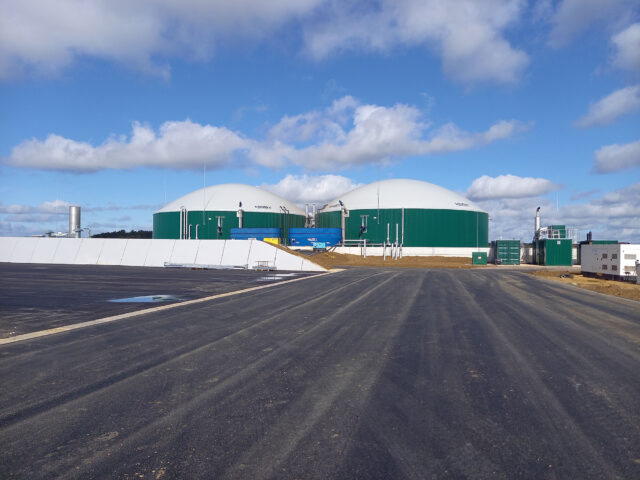 Repowering of a biogas plant in Jelsum, NL
Repowering of a biogas plant in Jelsum, NL
